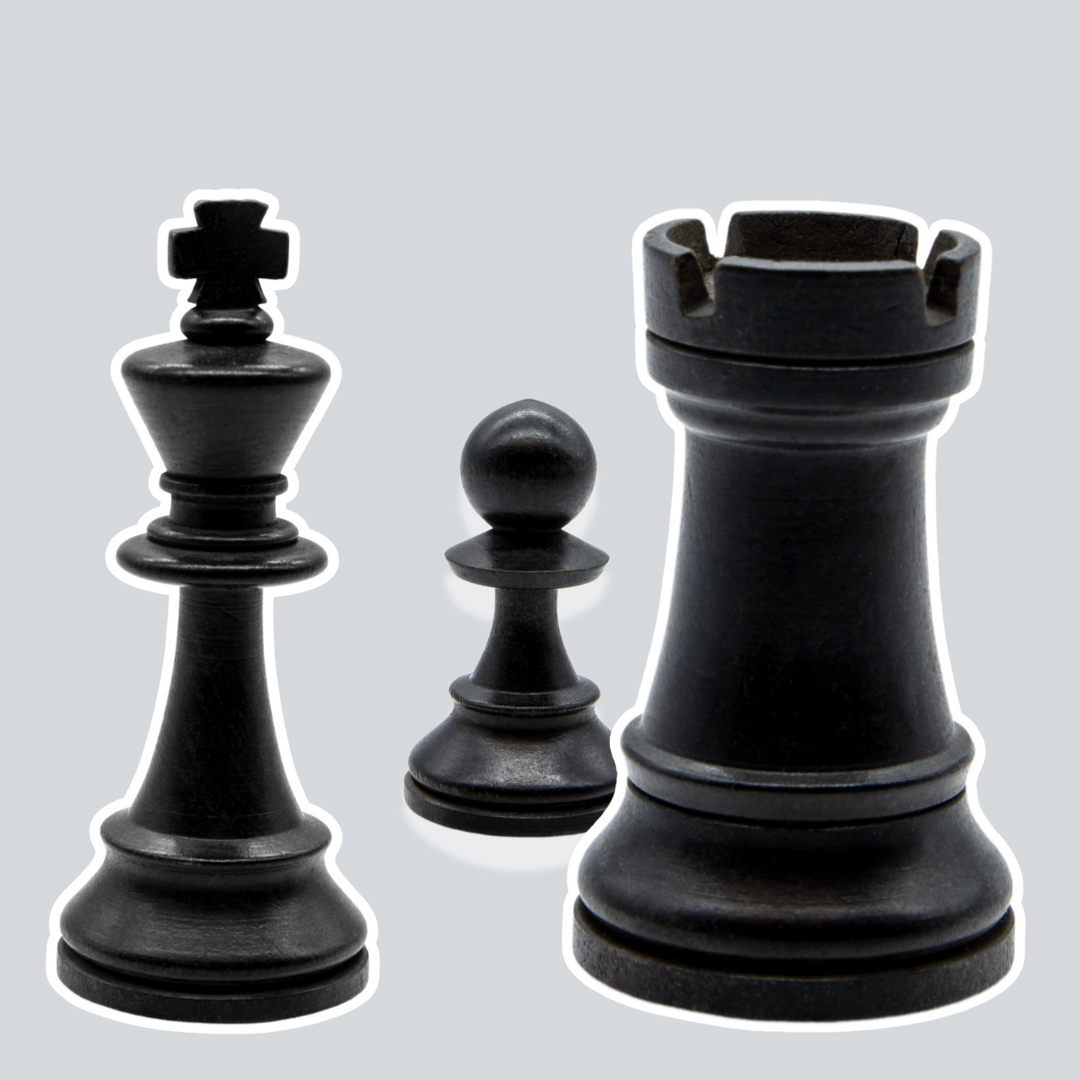Everyone Has Genius. But It’s Stubborn!
When rejection or failure thwarts your progress, remember you, too, have genius. But unless you learn how to rub the bottle, that little genie will never come out.
Genius Is Not What You Think
I once believed that geniuses were winners in the genetic lottery, being blessed with abilities of which most of us could only dream.
- Leonardo da Vinci had his exceptional intellect
- Nelson Mandela had clarity of mind and speech
- Serena Williams has her once-in-a-generation physicality.
However, as it turns out, that is not the case. When I looked closely at the origins of genius, I saw the flaws in my understanding.
The word genius originates from the Latin verb gignere, meaning “to give birth or bring forth”. The Romans believed everyone was born with a guiding spirit called a genius, which defined their character and natural talents.
In the mid-17th century, the French evolved the plural form of genius, genii, into an “attendant spirit”.
Genius is not something exclusively gifted to specific individuals but a latent ability within all of us. Williams, da Vinci, and Mandela found a way to fully manifest their genius (or inner genies), paving the way for others to do the same.
Your Genius Is Your Calling
I’m not being arrogant when I say I have genius; I’m simply stating a fact.
Go on, you say it too, “I have genius.”
It still feels like a foreign thing to say. I suspect much of my reluctance to fully own the statement ties back to growing up in a coal-mining town. It was a tough place where saying you’re above average at anything drew sharp criticism. Tall Poppy Syndrome would have been someone’s genius at some stage.
But as I repeat those words, feelings of inner certainty arise.
Each of us has a Calling, a deeply embedded motivation that leverages our cocktail of strengths, values and mindset. Your genius is your Calling.
To bring forth the expression of your genius is to Answer Your Calling. You have to choose if you will do that or not.
Set Your Genii Free
I had some downtime recently, and I became curious about the habits common among the people I worship as geniuses.
I wrote down a list of all the people who came to mind. Da Vinci landed on the page first, followed by Mandela, Twain, Williams, Curie, Darwin, and Winfrey.
Each of these people challenged the status quo of their time and redefined our world in the process.
I then browsed the internet for an hour or two, exploring their habits. One stood out above all others.
- Leonardo da Vinci started journaling in his mid-20s and created more than 20,000 pages of notes and drawings.
- Serena Williams writes in a journal during every training session.
- Nelson Mandela maintained journals throughout his 27 years of imprisonment.
- Charles Darwin, Marie Curie, Oprah Winfrey, Oscar Wilde and Mark Twain are all devotees of journaling.
Look inside the bag of any genius, and you’ll find a journal in there, ready to help.
Journaling is a conduit for ideation.
Genius resides within the unconscious mind, and our most potent ideas start as a feeling deep inside that place. The feeling is vague; you sense the possibility of ‘something’ but can’t quite articulate it.
Ideation is the process of grabbing hold of that ‘something’ and birthing it into the physical world.
Stream of Consciousness Journaling lets thoughts and feelings flow unfettered. Da Vinci sketched madly, and Twain scrawled to explore foggy possibilities. If you want to set your genius free, start stream-of-consciousness journaling.
Journaling exposes limiting beliefs.
Writing down your thoughts and feelings creates distance between you and your beliefs. That distance enables you to analyse those beliefs and assess their usefulness objectively.
Serena Williams journals her thoughts as she trains and then works on improving them.
Oprah Winfrey refused to accept the limitation that poor, black girls can’t be rich and powerful. Her journaling habit escorted her through every step of her transformation.
Journaling sequences events.
Memory distorts the truth of what occurred and loses essential details of who, what, when and how. Journaling gives us a hardcopy record to observe.
Without their journals, Marie Curie and Charles Darwin would not have spotted the patterns for which they are now immortal.
But Journaling habits fade.
The only research I can find about who writes journals is by Pen Heaven, who surveyed 500 UK residents. Thirty-seven per cent of survey participants journaled in their teens and 20s, but the habit faded in their 30s, 40s and 50s.
It’s sad and slightly disturbing that we tend to drop the habit of journaling at the time when we need it the most. Perhaps we assume our early 30s cast our destiny and our ideas are not worth pursuing.
Yet…
Marie Curie discovered radium in her 30s.
Mark Twain published The Adventures of Huckleberry Finn at 50.
Leonardo da Vinci painted The Last Supper in his 40s.
Mandela entered prison at age 44 and took office as the President of South Africa at age 75.
Charles Darwin first scribed the comment “one species does turn into another” in a journal at the age of 28. It took another 22 years to publish On The Origins of Species.
After an hour or two of searching, it is evident that the secret to genius is hardly a secret at all.
Their geniuses are defined not by their genes but by their commitment to nurturing an idea with focus, reflection and persistence.
So next time failure or rejection thwarts your progress, remember to grab your journal and encourage your inner genius to emerge from its hiding place.




